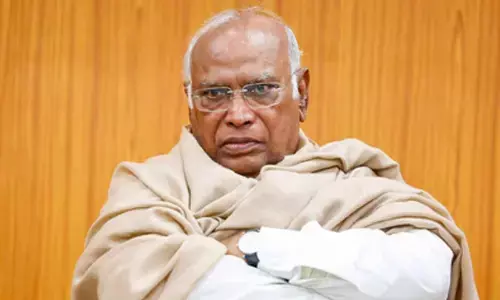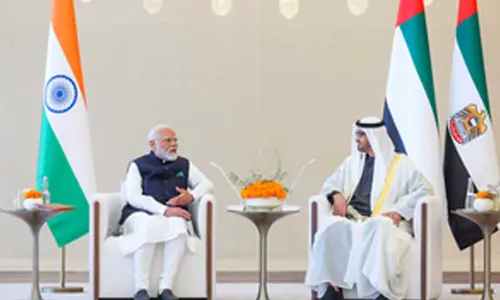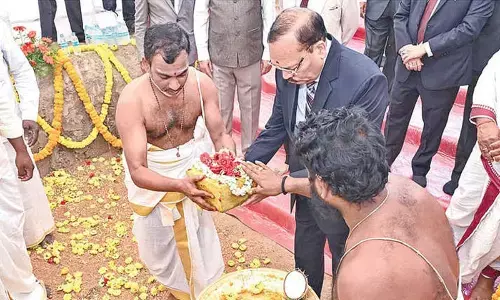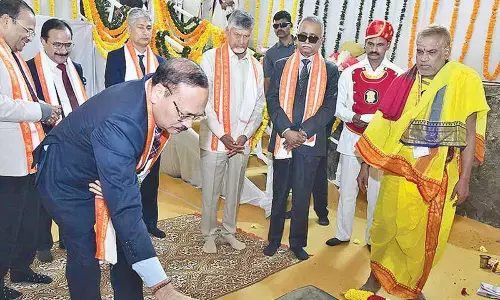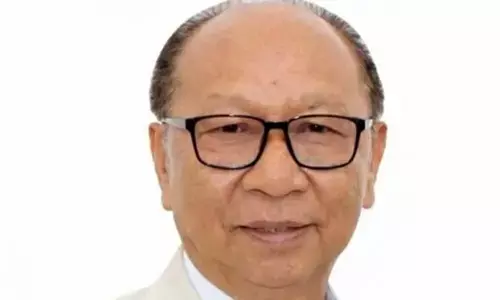Need to be apolitical for Speakers

For representational purpose only
A watchful Legislature forms the foundation of a well-functioning democracy
A watchful Legislature forms the foundation of a well-functioning democracy. The presiding officers of Parliament and Assemblies are the key to securing the effectiveness of these institutions. The MPs look to them to facilitate debate, protect their rights and uphold the dignity of Parliament or Assembly.
The Speaker is the mouthpiece for the House, for example, conveying Messages and Addresses from the House to the Governor. The Speaker is also charged with upholding the rights and privileges of Members and of the House.
The Office of the Speaker occupies a pivotal position in our parliamentary democracy. It has been said of it that while the Members of Parliament represent individual constituencies, the Speaker represents the full authority of the House itself. He symbolises the dignity and power of the House over which he is presiding. The responsibility entrusted to the Speaker is so onerous that he cannot afford to overlook any aspect of parliamentary life. His actions come under scrutiny in the House and are also widely reported in the mass media. With the televising of proceedings, the small screen brings to millions of households in the country the day-to-day developments in the House, making the Speaker's task more important.
The Speaker speaks rarely in the House, and when he does, he speaks for the House as a whole. The Speaker is looked upon as the true guardian of the traditions of parliamentary democracy. His unique position is illustrated by the fact that he is placed very high in the Warrant of Precedence in our country, standing next only to the President, the Vice-President and the Prime Minister.
In India, through the Constitution of the land, through the Rules of Procedure and Conduct of Business in Lok Sabha and through the practices and conventions, adequate powers are vested in the Office of the Speaker to help him or her in the smooth conduct of the parliamentary proceedings and for protecting the independence and impartiality of the Office.
The Speaker has extensive functions to perform in administrative, judicial and regulatory matters, falling under his domain. He enjoys vast authority under the Constitution and the Rules, as well as inherently. The Speaker represents its collective voice.
Normally, Speakers refrain from making any comment on political developments. There were Speakers like Balram Jhakar in Lok Sabha who made other members raise issues pertaining to his constituency. He never used to hesitate to pull up any member including those from the ruling party if he felt that the member had violated any rule or had crossed limits in speech or behaviour.
There were Speakers like G Narayana Rao who could even ask Chief Ministers like N T Rama Rao to sit in a bid to restore order in the house. According to Lok Sabha document, Speaker is the ultimate spokesperson of Parliament or Assembly. But now a new trend is being observed in Telugu States in particular. We hear the Speakers making critical comments on political developments, opposition leaders and defend government schemes and policies in front of media. Such a tendency has not been seen in northern states. Even the Lok Sabha Speaker does not make any such comments. Maybe there is a need for reorientation for presiding officers on their roles and responsibilities, though they are all very senior leaders and have wide administrative experience and are very well-conversant with rules, procedures and responsibilities.


